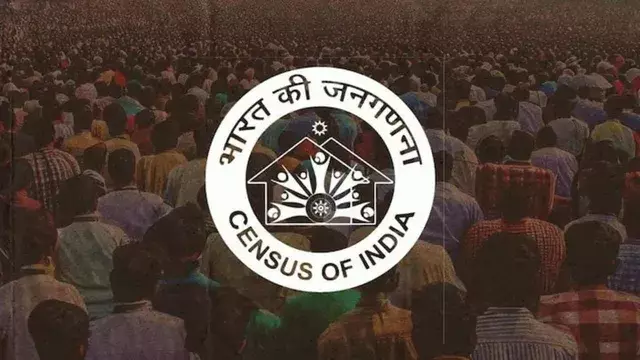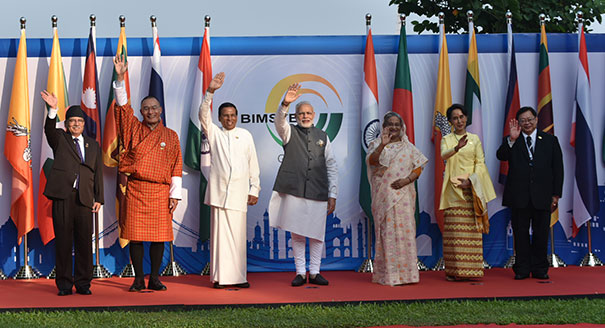- Courses
- GS Full Course 1 Year
- GS Full Course 2 Year
- GS Full Course 3 Year
- GS Full Course Till Selection
- Answer Alpha: Mains 2025 Mentorship
- MEP (Mains Enrichment Programme) Data, Facts
- Essay Target – 150+ Marks
- Online Program
- GS Recorded Course
- Polity
- Geography
- Economy
- Ancient, Medieval and Art & Culture AMAC
- Modern India, Post Independence & World History
- Environment
- Governance
- Science & Technology
- International Relations and Internal Security
- Disaster Management
- Ethics
- NCERT Current Affairs
- Indian Society and Social Issue
- NCERT- Science and Technology
- NCERT - Geography
- NCERT - Ancient History
- NCERT- World History
- NCERT Modern History
- CSAT
- 5 LAYERED ARJUNA Mentorship
- Public Administration Optional
- ABOUT US
- OUR TOPPERS
- TEST SERIES
- FREE STUDY MATERIAL
- VIDEOS
- CONTACT US
Bharat Bill Payment System
Bharat Bill Payment System
09-07-2024
The Reserve Bank of India (RBI) has introduced new guidelines for repaying credit card dues, starting from July 1. These rules require all credit card bill payments made through third-party applications to be processed via the Bharat Bill Payment System (BBPS).
Key Details:
- Bharat Bill Payment System (BBPS):
Designed by the RBI, the BBPS is a centralized bill payment platform aimed at simplifying bill payments for customers across India. - Managed by NPCI:
The National Payments Corporation of India (NPCI), an entity under the RBI, is tasked with managing and operationalizing the BBPS. - Unified Payment Platform:
The BBPS serves as a single platform where customers can pay various bills, such as utilities, school fees, and municipal taxes, all in one place. - Interoperability and Accessibility:
The BBPS ensures interoperability and accessibility, enabling customers to make payments anytime, anywhere in India.
Features:
- Various Payment Modes:
The BBPS supports multiple payment methods, including cash, cards, net banking, and wallets, making bill payments convenient. - Immediate Payment Confirmation:
Customers receive instant payment confirmations via the BBPS, ensuring they are aware of successful transactions. - Integrated Ecosystem:
The BBPS connects banks, non-banks, billers, payment service providers, and retail outlets, forming a comprehensive bill payment network. - Convenient Payment Options:
Customers can choose from numerous payment channels, both physical and digital, to pay their bills through the BBPS.
Bill Payment Categories:
- Electricity Bills:
Customers can pay their electricity bills using the BBPS. - Telecom Bills:
Telecom bills, including mobile postpaid and landline bills, can be paid via the BBPS. - Mobile Postpaid Bills:
The BBPS supports payments for mobile postpaid bills. - DTH Bills:
Direct-to-home (DTH) service bills can be paid through the BBPS. - Gas Bills:
Customers can use the BBPS to pay their gas bills. - Water Bills:
Water bill payments are facilitated through the BBPS. - Educational Fees:
School and university fees can be paid using the BBPS. - Municipal Payments:
Municipal taxes and other payments can be made via the BBPS. - Investment and Insurance Payments:
Payments for mutual funds and insurance premiums are supported by the BBPS. - Government Taxes:
Various government taxes, as specified by the RBI, can be paid through the BBPS.
Payment Channels:
- Physical Outlets:
Customers can pay bills at physical outlets, including bank branches and agent collection stores. - Digital Platforms:
The BBPS enables bill payments through digital platforms like mobile apps and websites. - Instant Payment Confirmation:
Customers receive instant confirmation of their payments via SMS or receipts.
Benefits:
- Convenient Payment Options:
The BBPS offers multiple channels and modes for bill payments, enhancing customer convenience. -
Secure Transactions:
The BBPS guarantees reliable and secure transactions, providing a trustworthy platform for bill payments. - Nationwide Accessibility:
Customers can access the BBPS from anywhere in India, facilitating easy bill payments regardless of location. - Variety of Payment Methods:
The BBPS accommodates various payment methods, allowing customers to choose their preferred mode. - Immediate Confirmation:
Customers are promptly notified of successful payments, ensuring transparency.
Regulatory Oversight:
- RBI's Directive:
The RBI's new guidelines aim to regulate and monitor peer-to-peer (P2P) credit card transactions via third-party apps, ensuring secure and transparent transactions.
Impact:
- Affected Bank Users:
The new rules will affect customers of banks not yet integrated with the BBPS, such as Axis Bank, HDFC Bank, IDFC First Bank, Indian Bank, Indian Overseas Bank, and YES Bank.
BBPS Integration Status:
- Banks Live on BBPS:
As of July 1, 2024, 12 banks, including SBI, Kotak Bank, IndusInd Bank, IDBI Bank, AU Small Finance, Canara Bank, Bank of Baroda, Federal Bank, ICICI Bank, Union Bank, Punjab National Bank, and Saraswat Bank, are operational on the BBPS.
Reasons for Delay:
- High Investment Costs:
Some banks may be delaying BBPS integration due to the high costs involved, which they may not find justifiable.
RBI's Objective:
- Payment Process Streamlining:
The RBI aims to simplify the payment process, ensuring all credit card transactions are secure and transparent.
Challenges:
- Integration Delays:
Major banks are still working on BBPS integration due to the significant investment and perceived lack of added value. - Technical Challenges:
The integration process is technically complex, requiring substantial resources and expertise. - Customer Education:
Educating customers about the new system may be necessary, potentially causing initial confusion and resistance.



